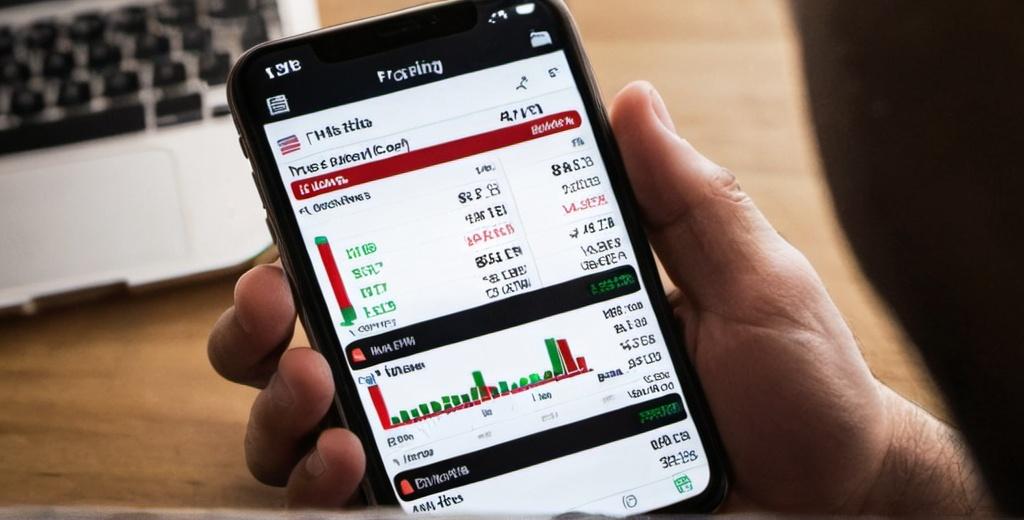Contents
Binary options trading in Mexico exists in a legally ambiguous space. The Comisión Nacional Bancaria y de Valores (CNBV), Mexico’s primary financial regulator, does not issue licenses for binary options platforms, nor does it provide formal investor protections for retail users participating in such activity. While the product is not officially banned, it operates outside the boundaries of domestic financial law and regulation.
As a result, most trading in Mexico is done through offshore brokers. These platforms are based in loosely supervised jurisdictions and are accessible online, often via Spanish-language websites and mobile apps. While the appeal is strong—low entry cost, high-speed trading, minimal verification—the legal exposure and financial risk are considerable.

Regulatory Status
The CNBV, along with Banco de México and other relevant financial authorities, has not approved binary options as a regulated investment product. No broker operating in Mexico holds a license to offer binary contracts, and there is no supervisory framework to oversee trading activity, enforce best practices, or protect client funds.
While no specific ban exists, the CNBV has issued multiple warnings about unregistered online trading platforms and speculative financial products that promote unrealistic returns. Binary options fall under this general category, and traders are advised that engaging with unlicensed providers may result in financial loss with no legal recourse.
The absence of a legal structure means all responsibility lies with the user. Any disputes over pricing, withdrawal delays, or account restrictions must be resolved directly with the platform—most of which are based outside Mexican jurisdiction and beyond the reach of national enforcement.
Broker Access and Platform Use
All binary options activity in Mexico flows through foreign brokers. These firms are usually incorporated in offshore locations such as the British Virgin Islands, Cyprus, Seychelles, or St. Vincent and the Grenadines. They are not authorised by the CNBV and are not accountable to Mexican regulators.
That said, access is straightforward. Most platforms support Spanish-language interfaces, and registration typically takes less than ten minutes. Traders only need an email address, photo ID, and sometimes a basic questionnaire to open an account. Identity checks are often delayed until the withdrawal stage, where KYC verification is used to control fund outflows.
Traders can begin placing contracts immediately after funding. The most common expiry durations range from 30 seconds to 15 minutes. Assets include major forex pairs, commodities like gold and oil, and—on some platforms—stock indices or synthetic assets.
A full review of region-specific options is available from this dedicated resource for Spanish-speaking traders: binary options broker in Mexico.
Payment and Withdrawal Methods
Most Mexican traders use cryptocurrency to fund accounts. USDT (Tether), Bitcoin, and Ethereum are the most common funding methods due to speed, privacy, and low cost. Traditional options—credit cards, bank transfers, or e-wallets—are less reliable. Many cards are blocked by issuing banks due to risk flags, and few offshore platforms offer direct Mexican banking support.
Withdrawals are also processed in crypto, usually to the same wallet used for deposits. Some brokers impose withdrawal minimums or delay payouts citing security checks. Others attach bonus conditions to accounts, requiring users to trade a certain volume before funds become available.
Delays of 24 to 72 hours are typical, although longer waits are common after a series of profitable trades or during identity review periods.
Trading Behaviour in Mexico
Binary options in Mexico attract retail traders looking for short-term speculative returns. The user base is dominated by younger adults, many of whom enter the market through social media promotions or Telegram-based signal groups. Few have formal trading education, and most rely on influencer strategies, affiliate content, or high-frequency guesswork.
Popular contracts include one-minute trades on EUR/USD, USD/JPY, and gold. Many platforms offer demo accounts, but users often switch to real funds quickly—especially when referred through commissions-based promotions.
Technical indicators like Bollinger Bands, RSI, and trendlines are commonly used, though usually without structured application or risk management. Losses are frequent, and turnover is high. Community discussions focus on payout issues, account freezes, or broker selection rather than long-term performance metrics.
Risk and Platform Reliability
Without regulatory backing or local supervision, binary options brokers serving Mexico are under no obligation to act fairly. Common complaints include:
- Refusal to process withdrawals
- Manipulation of expiry prices
- Account closures after sustained profitability
- Lack of response from support teams
There is no legal fallback. Mexican traders using offshore platforms must resolve all issues directly with the broker. In many cases, losses are permanent, and communication ends once problems begin. Traders should assume that once funds are deposited, recovery depends entirely on platform policy, not enforceable rights.
Outlook
Binary options in Mexico will likely remain an offshore-only product. The CNBV has shown no intention of creating a licensing path or regulatory system for this category. With enforcement focused on banking fraud, crypto schemes, and financial consumer protection, binary options sit outside priority areas.
For retail traders, access will continue through foreign platforms, and funding will remain crypto-dependent. Risks will stay high, especially among users relying on unverified brokers or trading without structured plans.
The product remains appealing for its simplicity, speed, and small entry size—but in an unregulated market, those same features expose users to manipulation, fraud, and capital loss.
